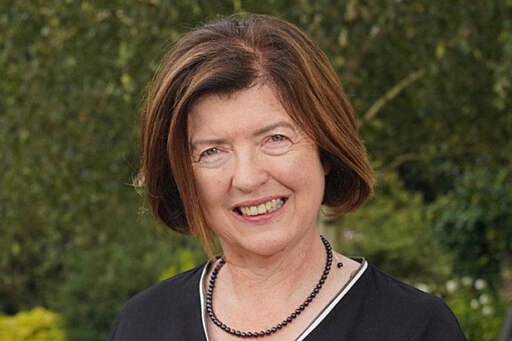The former chief of staff to Starmer decides not to take up the role amid continuing political tensions within the Labour party
Sue Gray, the former chief of staff to Labour leader Sir Keir Starmer, has turned down an offer to become the party’s envoy for the regions and devolved nations, according to sources close to the former aide. Gray’s decision to reject the part-time role marks the latest twist in her already turbulent relationship with Starmer and his inner circle.
Gray, who resigned from her position as Starmer’s most powerful aide over five weeks ago amid a series of media controversies, had initially agreed to the envoy role after leaving Downing Street. The position was designed to serve as a bridge between Starmer and the leaders of the UK’s devolved nations and regions. However, the details of the role quickly became unclear, and Gray was notably absent from the inaugural meeting of Starmer’s new Council of the Nations and Regions in Edinburgh last month.
The ambiguity surrounding the position prompted Gray to take some time to reflect, consulting with various stakeholders before ultimately deciding to decline the offer. “Sue has taken a decision not to take the role. She’s going to focus on other things,” one source revealed. It was also reported by Guido Fawkes that Number 10 had withdrawn the role offer, although Downing Street later confirmed that Gray had opted not to take up the position after initially accepting it.
Embed from Getty ImagesThe saga surrounding Gray’s resignation and subsequent departure from the role of chief of staff has raised eyebrows within Westminster. Her £170,000-a-year salary was leaked to the press, which caused discomfort among other advisers and added to the tensions at the heart of Starmer’s administration. Gray’s position became untenable when it was suggested that she was involved in special adviser contracts, leading to unease among colleagues who felt sidelined or underpaid.
Her successor, Morgan McSweeney, was brought in to replace Gray, but their relationship had reportedly been strained, with some allies accusing McSweeney’s clique of creating a “boys’ club” at Number 10. Gray’s departure from the role of chief of staff was framed as a decision to avoid becoming a distraction from the government’s work of change.
Political analysts, including Professor Tim Bale from Queen Mary University of London, have expressed little surprise at Gray’s decision to reject the new role. “Someone with her experience and skillset is bound to have other opportunities,” Bale said. However, he cautioned that Starmer’s team will likely hope that Gray’s move does not signal an intention to publicly air grievances about her time at Downing Street.
The development has been seized upon by Conservative figures, with Tory MP Richard Holden calling Gray’s rejection of the role “a major embarrassment” for Starmer. He suggested it highlighted the dysfunction within Starmer’s administration and demanded transparency over what compensation Gray had received upon her resignation.
Amid these developments, speculation continues that Starmer may offer Gray a peerage, which would allow her to remain involved in political debates, particularly around devolution, without holding an official government position.
